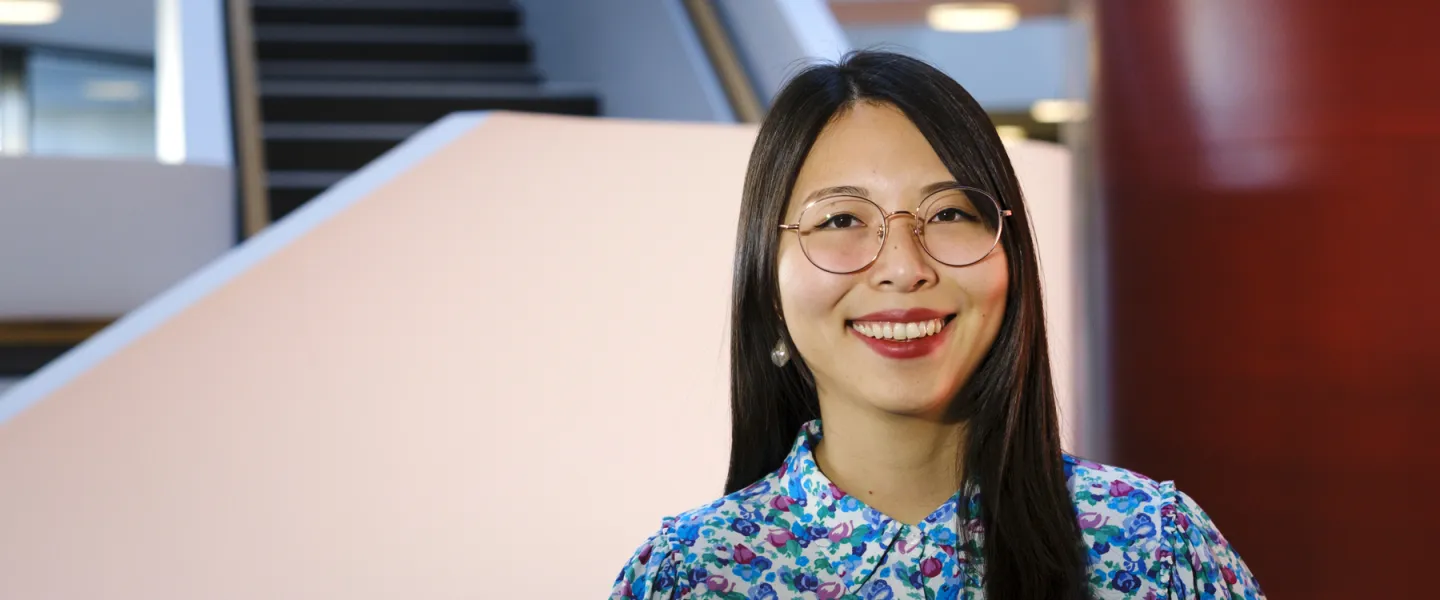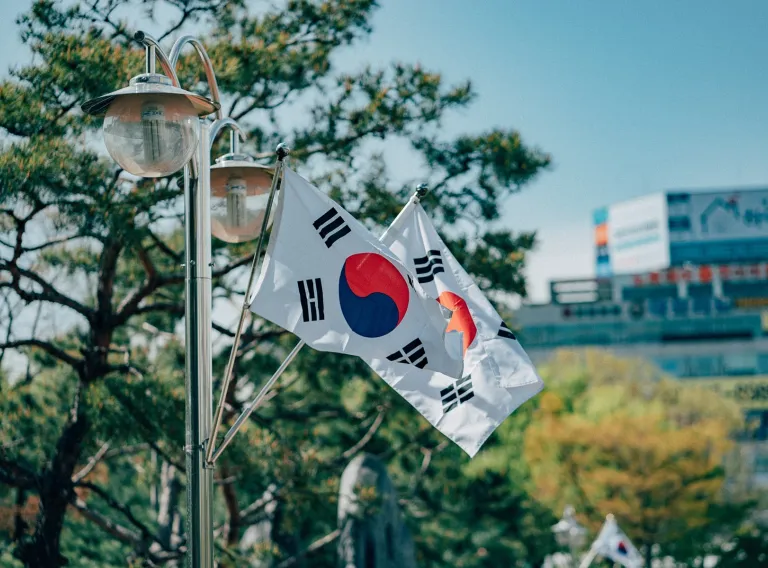
The University of Iceland has established a new King Sejong Institute, intended to advance teaching and learning in Korean language and culture. There is a growing interest in this field in Iceland, according to UI instructors. Various events are planned at the Institute in the upcoming weeks and months.
The King Sejong Institute was formally opened at the University of Iceland this summer. Preparations had been underway since the new programme in Korean studies was launched at the Faculty of Languages and Cultures in the autumn of 2022. A delegation from the King Sejong Institute Foundation (KSIF) in Seoul visited the University of Iceland this spring to help set up the new institute. The institute is operating on a trial basis at first, but it is hoped that the agreement with KSIF in Seoul will be extended. This will bring additional funding and the possibility of inviting guest lecturers from South Korea.
The new King Sejong Institute is a centre promoting study of Korean language and culture outside South Korea, at all levels of the education system and also for the public. Somyeong Im, who has been teaching Korean at the University of Iceland since last autumn, will be in charge of the UI King Sejong Institute. "By establishing an institute like this at the University of Iceland, we gain access to curricula, teaching methods and materials developed by leading Korean researchers in the field of Korean as a second language. Upon successfully completing courses offered by the University of Iceland, in collaboration with KSI, students will also receive a Korean government-issued certificate recognising their language proficiency," explains Somyeong.
Growing interest in Korean thanks to K-pop and K-drama
UI now offers a 60 ECTS diploma programme in Korean studies which can be taken as a minor alongside other studies or as a separate diploma. "As with other subjects, in Korean studies we place significant emphasis on language learning, which is why we sought funding from KSIF to help us establish our own institute. Their primary goal is to promote and facilitate learning and teaching of the Korean language. Typically, students have developed an interest in Korean language and culture after exposure to various forms of Korean entertainment and media. KSIF is also enthusiastic about the idea of supporting students' interests in Korean culture through various cultural discussions and events," adds Somyeong.
